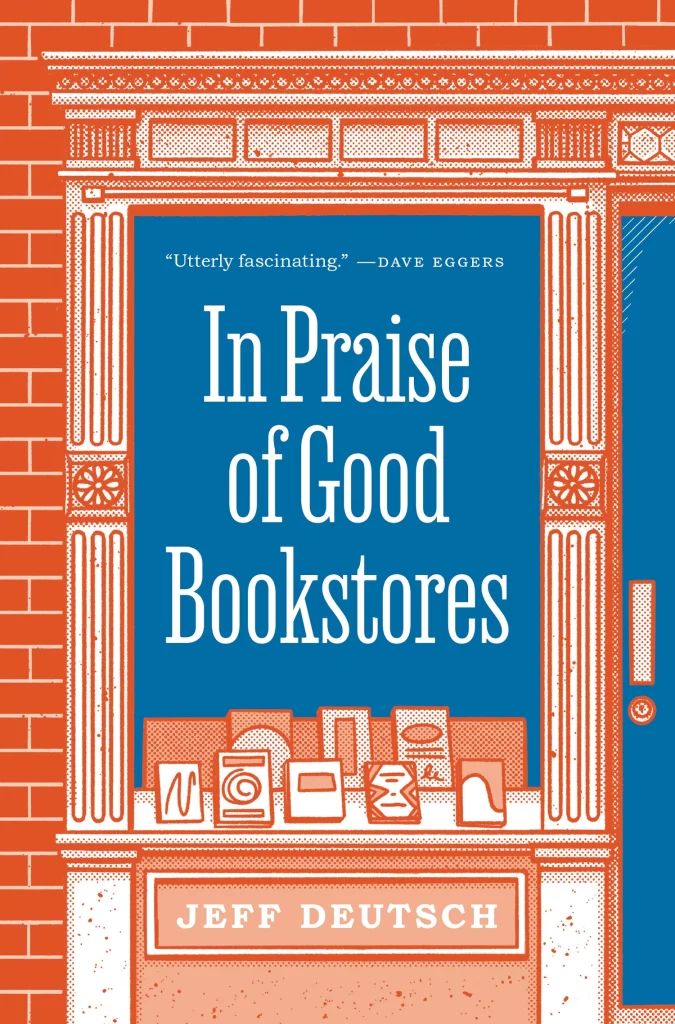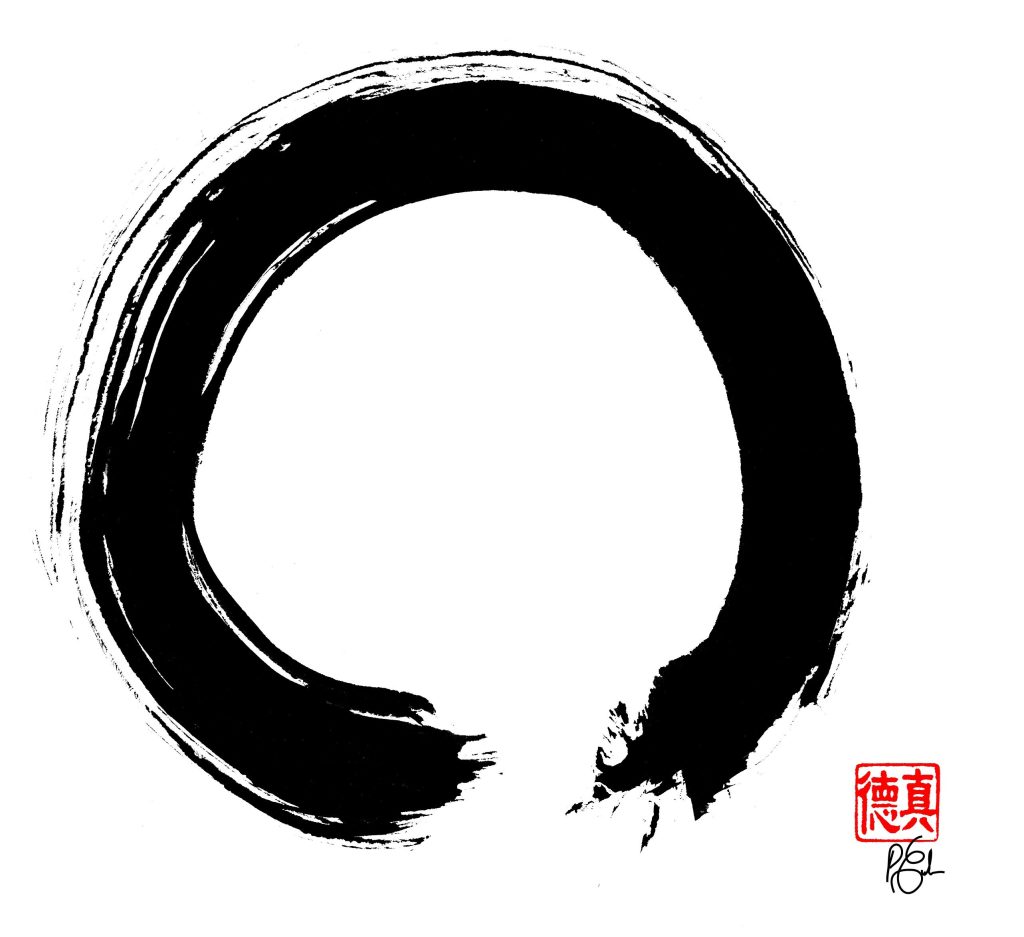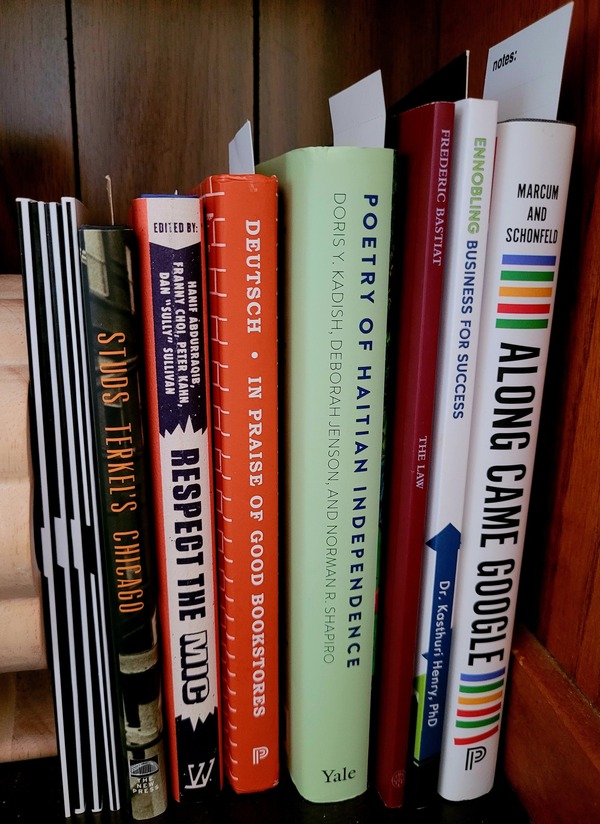“The bookstore is a haven for the heterodox.”
Whilst chronicling the history of professional bookselling and book buying, and drawing from the chevrusas (study groups) of his Hebrew youth, Jeff Deutsch passionately advocates for himself and his fellow booksellers (or les levreurs de livres) as essential in this century.
He wisely circumvents Amazon-bashing when establishing his case for a better-developed bookselling culture, which would entail a non-retail approach to selling books. Perhaps best articulated as one that would “rebuild deliberately what had first developed organically in response to the limits of space.”
Jeff aptly distinguishes between “serious” and casual book-browsing, as “exceptional bookstores both reflect and create their communities.” He postulates that the “good” bookstore “is about interiority” as he guides us through the existentiality of bookstore design and architecture:
“…the shape of the bookstore operates…akin to a literary form.”
Jeff offers several anecdotes to what this form looks like. My favorite is the bookstore as zuihitsu (following the brush); or is it ēnso – a freeing of the enlightened mind to let the body create? If so, humanity has severely underestimated the value of the bookshop for centuries now, which can explain the subpar human condition.
According to Jeff, selective uniquity is rampant in the book-buying culture. He reminds us that “book discovery…is a highly individualized endeavor” leading us to an anticipated future immersed in literary utopia. This zen and/or rapture of book browsing involves searching “the millions of grains through sheets of interrupting water.”
Yet like a book, Jeff suggests, “the imagination is…portable”. It can be postulated that the bookstore is where the two meet and, with a purchase, marry. This marriage of the “life of the mind” is sanctified and consummated by the creative ritual of book browsing.
If a book is portable why, then, does a bookstore pose “a problem of space?” Perhaps it is because books are an illusion. Oftentimes books possess the knowledge we already have within ourselves, which would qualify them as a sort of trompe l’oeil (trick of the eye). When we physically see what we already know, we feel confirmed. That is, perhaps, the greatest attribute of the book.
If the bookstore is a haven for the heterodox, what, then, is the library? Jeff hints that it can be a kind of prison for books from which the book lover must rescue them. This makes sense. A “lost” book can remain on the shelf for millennia without ever being acknowledged save from the occasional dusting alongst its spine. Bookselling, on the other hand, serves as a filtration process to provide the book buyer opinioned “essentials” within the great ocean of books (i.e. great books).
~Kahlil Crawford
Jeff Deutsch’s In Praise of Good Bookstores is available here from Princeton University Press.



